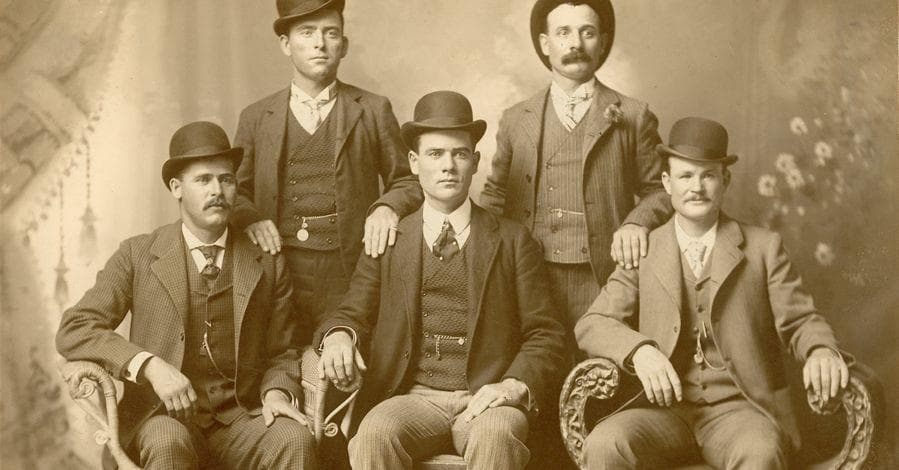Johnson Smith
- Views Views: 1,379
- Last updated Last updated:
-
Check out our Partnered Grand Theft Auto 5 Roleplaying Community New Day RP!
-
THE LIFE AND TIMES OF JOHNSON SMITH,
PUBLISHED FOR PERSONAL OCCASION AND REVIEW IN SAINT DENNIS PUBLIC LIBRARY TO READERS OF A BIOGRAPHICAL NOTE, IN SUMMARY
This music plays on the Phonograph in the Library as you read this material.
Description


Early Life
Childhood
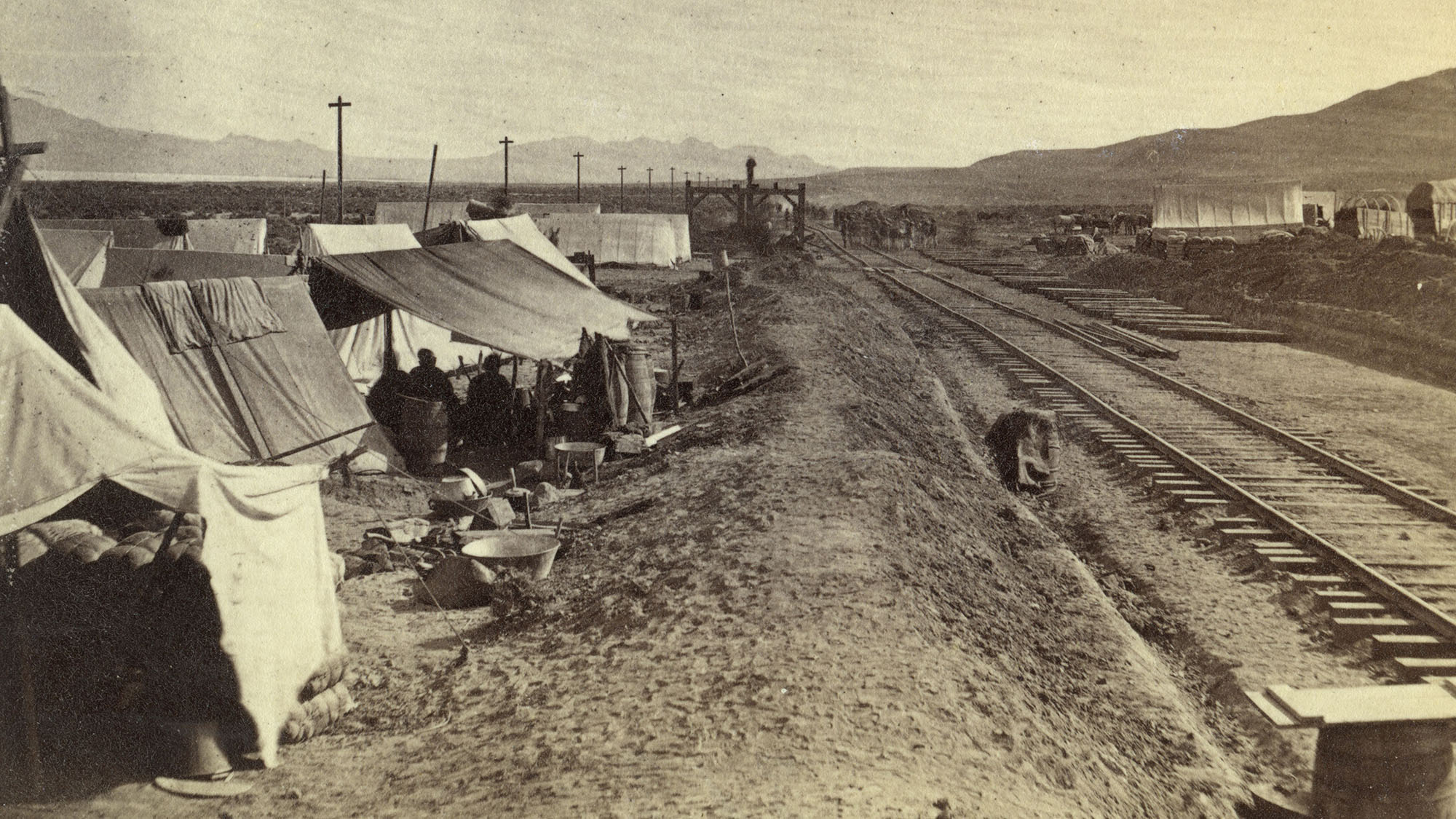
1850: Johnson Smith (John Smith) was born in 1850 to Mark and Lorena Smith, who were wagon-workers, wheel-makers and wood-finishers along a roving settlement of camp-followers to the Cambden and Ambroy railroad company. His father left to go work in coal mines in California during the gold rush, and his mother was kidnapped in a tribal attack on one of the railroad company's sites. She was either executed, converted to a tribal lifestyle for another camp, or captured/killed in future classes with warring nations. Either way, she was gone. He spent his teen years working unpaid labor for moving railroad logs.
The War Years

1863: When he was 13, he enlisted in the Union Army in 1863 to get out of that life of unpaid bondage in the absence of his parents, their provision and protection. He was accepted at that year in the war because of the need for volunteers, which need allowed many young men of his age to enlist. Given that he volunteered, and due to his age, he was a cavalry scout, rather than posted on the frontlines. He distinguished himself in the conflict. He took leave for one period of the war and helped to suppress draft riots in the very town he was staying. It was as a Scout in the Army that he learned to read orders and write intelligence. Smith remained in the Army after the conflict. For his service in the recent unpleasantness with the southern states, he was granted a commission pending schooling at a military academy, where he also learned arithmetic. Smith participated in the Indian Wars, this time as an Officer, where he learned particular ruthlessness and survival. However, he also began to feel disenchantment with humanity, and civilization; at the same time, he came to fear the wild Native Americans as he faced the terror they brought to the lands. Although instilled with the discipline and uniformity, he began to take issue with the certain orders and atrocities being committed by his unit and others.
The Indian Frontier Wars

1876: His last conflict in which he fought in the Army was during the Great Sioux War of 1876, in the 7th Cavalry, under General George Crook, under whom he also served when he was briefly attached as a scouting party for General Crook during the War at Shenandoah in the Valley Campaigns of 1864. He did not meet the General personally, but was merely attached to the unit. He detested seeing this same hero, who fought traitors, now displacing women and children of tribals.
Wells Fargo Detective: Agent for the Wells, Fargo & Co.
1880: In 1880, at the rank of Captain, and unable to advance further given his pro-Native opinions, Smith left the Army and volunteered as a Security Officer for the "Wells, Fargo and Company," after that company began expanding into lands that were now "civilized," formerly the "Old American Frontier."
1882: The company briefly sent Agent Smith out to California as a special agent (detective for case-specific occupation) in 1882 as a part of a team led by a senior detective in the company's infamous manhunt against stagecoach robbers. While in California, he searched for his father, but in vain. Mark most likely died of "Miner's Lung." Back in 1880, Wells, Fargo and Company opened an office in New York City. As a rare mix of someone with experience in "rough and rowdy" business, but also knowledge of 'readin, 'ritin', and 'rithmetic, he was sent to work with investigators in the Wells security offices.
1890: In 1890, he moved again for company work, this time to the South. Given his experiences in the railroad at a young age, and service, he preferred the landscape of the outdoors. It was in this way that the South was familiar to him. While there, he used his experience as an investigator to assist some local Marshals in pursuit of a criminal. He infiltrated the gang known as "The Unfortunate Few" in which this criminal was posse under the alias "Bart Donaldson." Though the criminal eventually fled to Mexico after escaping some deputies, prosecution was brought against the gang's 7 members, of which 4 were convicted from testimony brought by Smith as an agent of W, F & Co. Smith began to feel an attraction to manhunting.
1899: In 1899, after 19 years of service as an investigator, he left Wells, Fargo and Company, finally disenchanted with the growing bureaucracy that was overcoming many Businesses in the north and east. He figured he could manhunt just as well on his own, rather than as an investigator. He longed for the frontier and adventures of his youth in the Army.
1902: At the fortunate age of 52, still having his wits and his health about him, he sold his meager belongings and boarded a train to New Alexandria, looking for Bounty Hunting work and adventure.
Present Life
Affiliations
Quotes
The party in topic was quoted by a reporter of the local newspaper, "The Spotslyvania Inquirer" as his regiment was camped or cantoned nearby the place of that public print's business in relation to the then-upcoming battle that would be known as Chancellorsville: "We are here to fight for the freedom and emancipation of enslaved persons in and around his county. The local population need fear not retribution or punishment by the Army of the Union for the time we are bivouacked here or nearby. Thank you for your cooperation."
The party in topic was quoted at the trial of the leader of the posse known as "The Unfortunate Few," when speaking in testimony for the prosecution by the State in those matters some years back: "I did personally witness "Danny" and one of his compatriots inflict harm and attempt to execute a Comanche they had captured, who lived in a situation not too far from the area. They commenced to torturing the poor fellow and laying about threats to his body and kin. Just as "Speckled Harrison" cocked his piece, I blew cover, availed myself as an Agent of the Wells, Fargo and Company acting in compliance and on previewed authority by local Marshal of the State and in representation of the interests of this Court as a private party in execution of public duties, and ordered that they were to disarm themselves immediately and surrender to the nearest posse of armed deputies positioned at a nearby postal office with my escort to said place. That's when I broke the cover of my alias."
The party in topic was quoted at the aforementioned trial in regards to the death of one member of that posse in the course of the surrender of their two leaders who were captured by the party in topic: "The lieutenant to "Danny," known as "Speckled Harrison," did not make it to post station alive - that is correct, as I had said elsewhere in my testimony today. Unfortunately he drew on me halfway there. And even if the defense says otherwise, I would like to make it known for the record that some bad men have their fate that we cannot avert or control, and if I had my way, none criminal too few would see this Court alive unless they mean to hang. I would say I exercised considerable and unnecessary restraint in taking prisoner of the two before their attempted execution of the Comanche, instead of coming out of my alias with six shooter in hand and their corpses on the ground, as the Company was only contracted for satisfaction of the bounty in any means, and not specified alive. I will not entertain further questions from the defense on this topic."
The party is quoted in an advertisement for Wells, Fargo & Co., published in New York, upon the party's retirement from that occupation: "The two most feared entities any one criminal can face are the United States Government, and Wells, Fargo and Company."
Trivia
* Was said to be present at Gettysburg, Chancellorsville, and the Affairs at Sugar's Creek, Plaquemine, and several other minor actions during the War.*
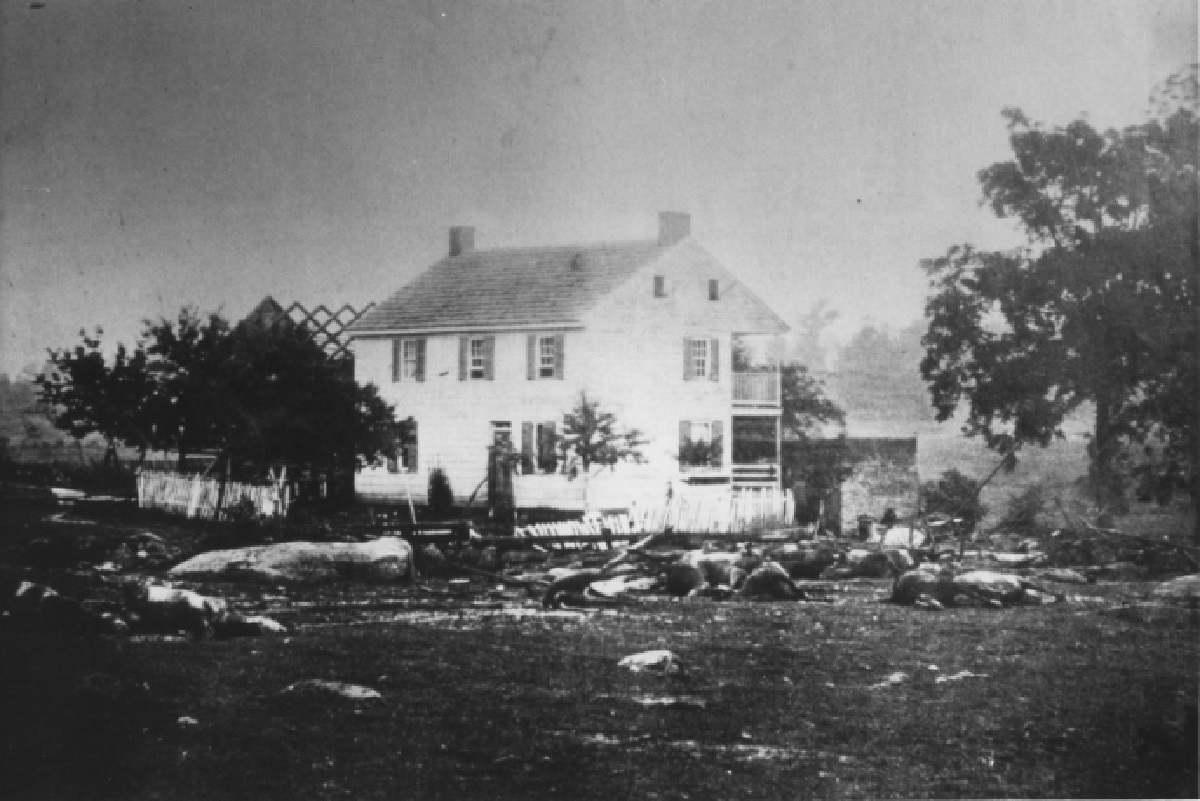
* Was present at Sappa Creak Massacre of Cheyenne Indians. *
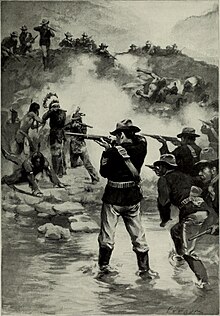
* Reported to have had an 86% conviction rate as an agent of W, F & Co., nearing the higher record of their department. *

* Was officially rebuked in a couple of company records for failure to return alive several wanted men or women, instead only securing their corpse. Most cases pursued by Agent Smith were for hanging offenses. *
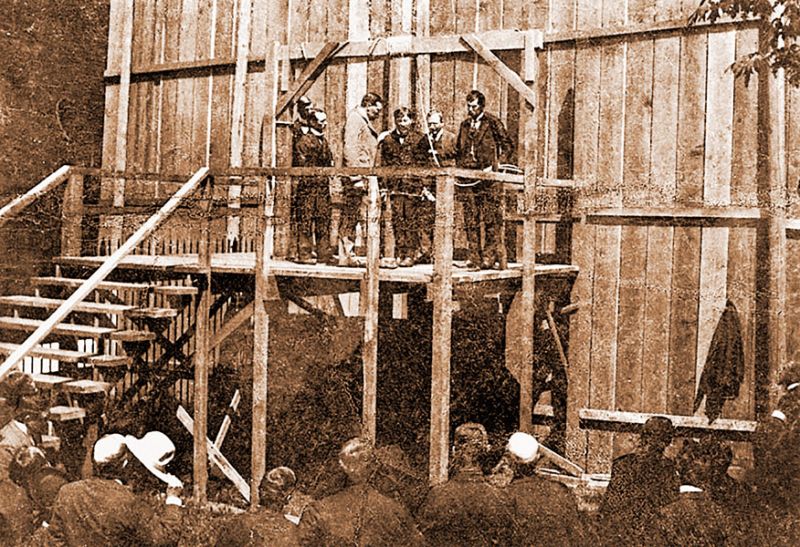
Johnson (John) Smith
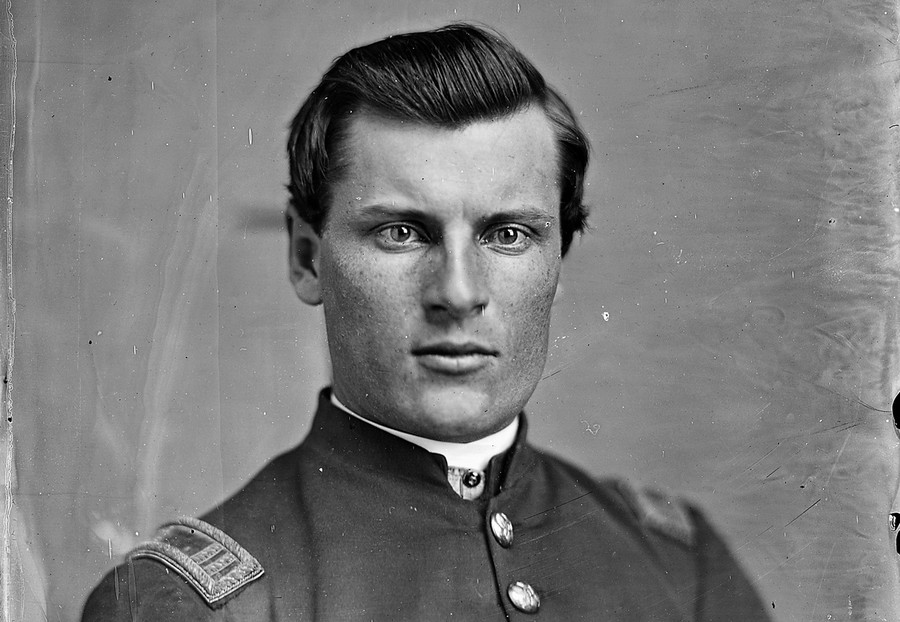
Information
Status:
Alive
Gender:
Male
Age:
52
Height:
5'8"
Weight:
180 Ibs
Birthdate:
1850
Birthplace:
Unknown
Nationality:
American Citizen
Marital Status:
Single
Relatives:
Unknown
Occupation:
Private Investigator
Aliases:
"Butcher of Sugar Creek", "Cavalry Scout," "Indian Fighter," "Captain," "Bart Donaldson," "Wells Fargo Detective," "Agent Smith."
Faction Affiliations:
None


